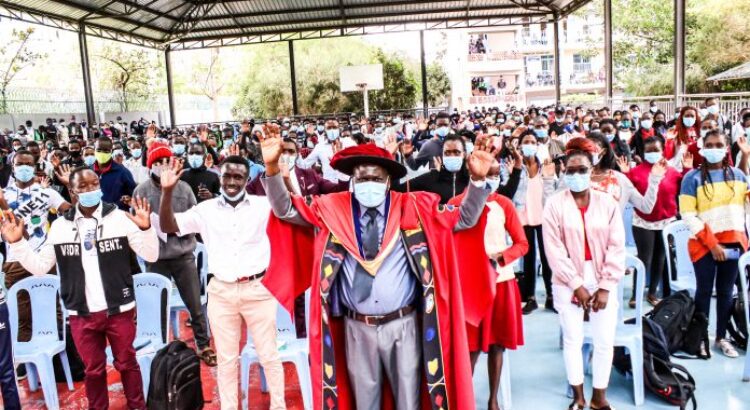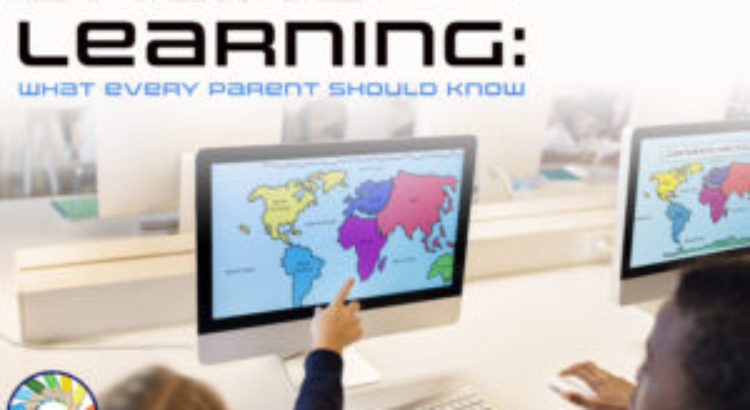Africa/Kenya/15-11-2020/Autor(a): Hunja Macharia/Fuente: www.kbc.co.ke
Mount Kenya University has successfully embraced digital platforms to support online learning through innovative and collaborative technologies.
MKU Vice Chancellor Stanley Waudo says the decision was arrived at after the Government closed all learning institutions early in the year after the outbreak of COVID-19 pandemic.
“On-line learning is student-centered; it encourages students to take responsibility of their own learning through solving problems, practicing, progressing and has real-time feedback from educators. Undoubtedly, with the wider spread of technology, online learning has the potential of being a viable alternative mode of learning,” Waudo said.
The Vice Chancellor spoke during the orientation of new students who are joining the University to undertake various courses.
He said the purpose of student orientation is to equip new students with information that can facilitate adaption to an academic environment.
Waudo emphasized on the need for students to embrace online learning saying, “Digital transformation in Kenya and across the globe is a trend that has redefined learning through creating learning experiences that inspire lifelong learning.”
He called for student responsibility in online learning saying they must Overcome perceptions and preconceptions about online learning as well as avoid dependence on teachers.
Waudo said the University stands for innovation, excellence, integrity and unity of purpose and urged the new students to put a lot of emphasis on the values.
“I draw your attention to the four MKU core values which will enable each one of you to adapt positively within our environment,” He said.
Source and Image: https://www.kbc.co.ke/mku-vc-lauds-digital-learning-as-university-welcomes-new-students/


 Meanwhile the University has extended the contracts of staff and lecturers that had lapsed or were due for expiry until the institution re-opens.
Meanwhile the University has extended the contracts of staff and lecturers that had lapsed or were due for expiry until the institution re-opens.







 Users Today : 10
Users Today : 10 Total Users : 35460027
Total Users : 35460027 Views Today : 18
Views Today : 18 Total views : 3418649
Total views : 3418649